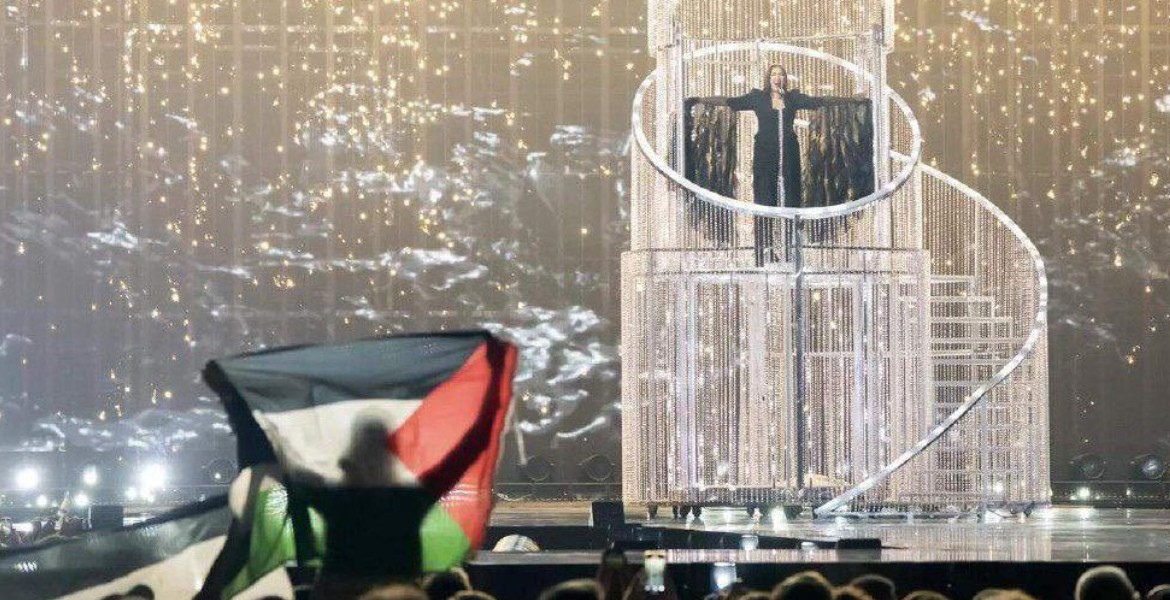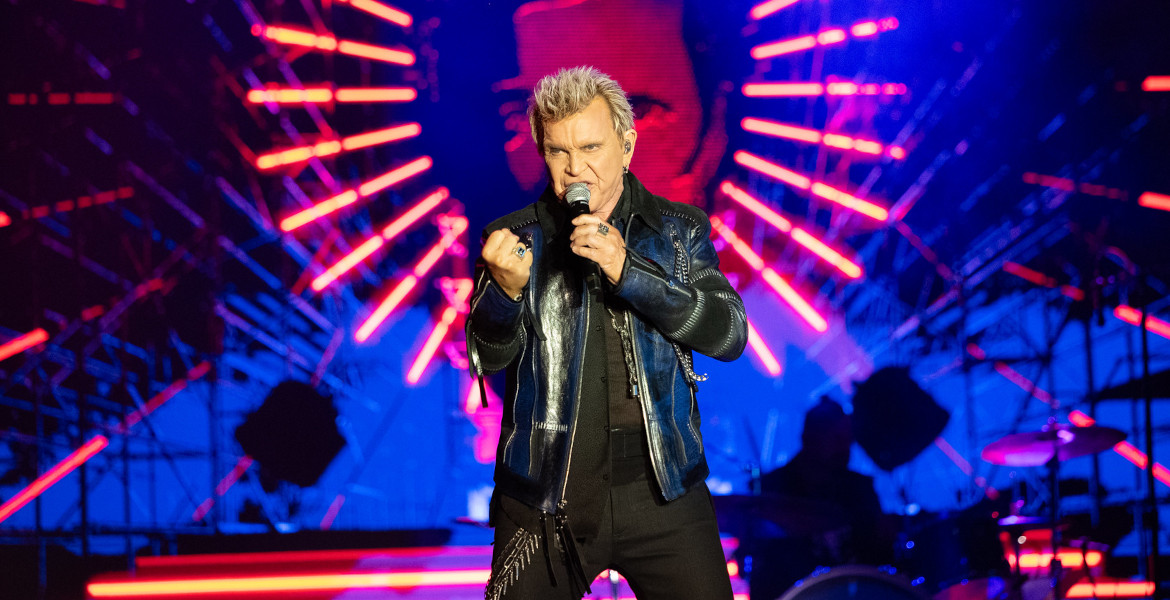After conventional dating apps didn't meet her needs, Antonetta decided for various reasons to start a dating site for people who didn't take the COVID vaccine. On Unjabbed.net, people can meet others seeking love or friendship.
In 2023, Antonetta chose to use a popular dating app in an attempt to find love. Since she wanted to find like-minded people, she was also open about not having taken the COVID vaccine. This resulted in Antonetta's account being repeatedly deleted. She doesn't know why her account was removed, but she suspected it was related to her honesty about the COVID vaccine. Instead, she tried another app and chose not to explicitly state that she hadn't taken the COVID vaccine, but used various hints such as "believe in natural health", "avoid synthetic chemicals", and "seeking people who took the red pill". There she got a bunch of matches, but no one understood her hints and most of those she talked to had taken the COVID vaccine.
In the wake of this, Unjabbed.net was born, a dating and friendship site for those who didn't take the COVID vaccine. Since 2023, it has attracted thousands of members from several countries, but users are primarily from the United States, United Kingdom, and Canada. In Sweden, there are a few hundred members at the time of writing. Worth noting is that the site only exists as a website, not an app. The app that exists with the same name is from a different creator, according to Antonetta.
Several dating sites also participated in marketing COVID vaccine campaigns during 2021, according to Antonetta. For example, Tinder created labels where people could fill in whether they had taken the COVID vaccine or not. After the site launched, she received responses from members that they had also had bad experiences on conventional dating sites.
"After starting unjabbed.net, several members told me they couldn't find anyone on conventional dating apps and as soon as they said they were unvaccinated they were either insulted or had their accounts deleted or felt their accounts were being hidden in search results or restricted in some way", Antonetta tells The Nordic Times.
Financially challenging
Starting a new dating site is not always an easy path. To be visible, you need marketing and advertising - something that costs a lot of money. The site was free until last year when they chose to introduce a membership fee to afford reaching out to other singles who didn't take the COVID vaccine. However, Antonetta wanted the amount to be affordable compared to many other dating sites and apps, which can cost up to 60 dollars for three months, and also charge for sending messages.
"Our website just charges $16 USD for a whole year and we don't charge for individual messages".
The advantage of charging is also that many people think twice before creating an account, and it also prevents spam, says Antonetta. However, it's possible to create a free account as well, but you don't have all the features on the site.
Several have found love
Despite unjabbed.net being relatively newly started, Antonetta says she has received messages from people who found each other on her site.
"One couple donated 50 dollars to us and told us they had met on our website and are now married. A woman contacted us and said she's getting married to the man she met on our website. So it works!"
Tips for finding the right match
If you're planning to create an account, Antonetta recommends both writing something about yourself and having photos. If you want to be more anonymous, you can, for example, upload a picture in sunglasses or similar. She also suggests writing something that can create a conversation.
"People can write anything. What are their thoughts on the future of the world? What line of work are they in? What are their hobbies? Favorite places in the world to visit? Funny stories", she suggests.
She also advises that it's more advantageous to write to people in your own country than outside the border. It partly signals that you've given up hope in your country, but it's also very difficult to make long-distance relationships work. Furthermore, she also suggests spreading information about the site in your own city; there may be singles who didn't take the COVID vaccine but missed that there's a dating site for this purpose.
There is hope
Finding like-minded people can be difficult, and even though more and more people show understanding for those who chose not to take the COVID vaccine, there are still many who believe it was wrong not to take it. At the same time, Antonetta encourages unvaccinated singles to dare to go out and talk to people they meet in stores, in town, or on the bus. You never know who you might meet there. Finally, she also wants to say that you shouldn't give up hope on love.
"Don't give up. Anything worth achieving needs work".








